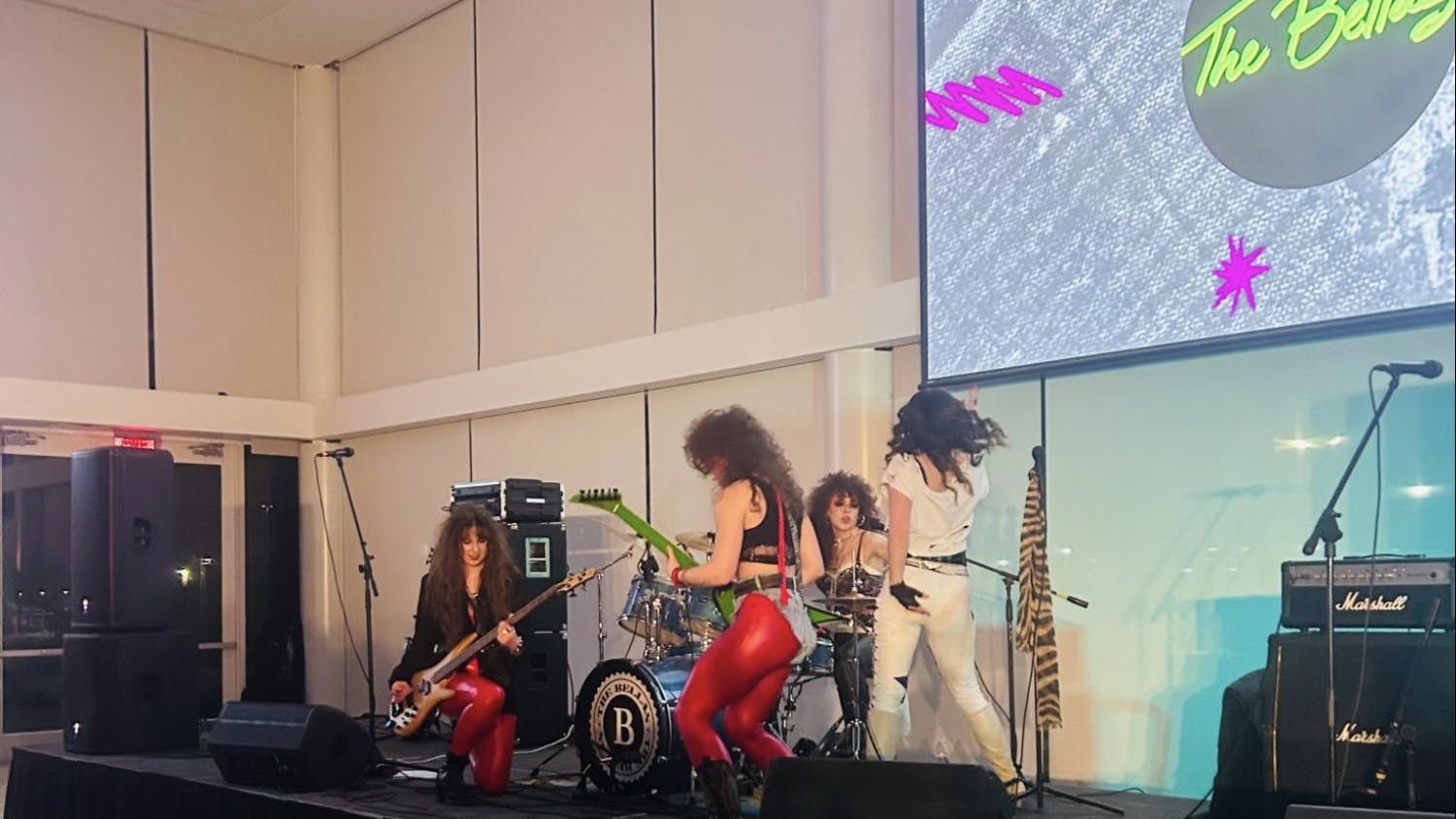By Aimee Bulger
Staff Writer
The Scholastic Book Fair recently decided to implement a separate bookcase for books about diversity, which was created as an optional display for schools to open or close at the discretion of the educators. After the company faced scrutiny for this decision, it reversed this decision and removed the option.
As reported by ABC News, Scholastic recently decided to place books about diversity, predominantly those about people of color or the LGBTQ+ community, in a separate and optional case, titled “Share Every Story, Celebrate Every Voice.” This case would have included many books that discuss topics of diversity or display diverse or disabled characters.
This decision provoked claims of censorship, as there are 64 titles included in the case. According to the Washington Post, some of the books included Andrea Davis Pinkney’s “Because of You, John Lewis,” Colin Kaepernick’s “I Color Myself Different” and “I Am Ruby Bridges,” by Ruby Bridges.
“Because Scholastic Book Fairs are invited into schools, where books can be purchased by kids on their own, these laws create an almost impossible dilemma: back away from these titles or risk making teachers, librarians and volunteers vulnerable to being fired, sued, or prosecuted,” Scholastic said in a statement following the decision.
Poet Amanda Gorman proclaimed her despair from this decision. Her book, “Change Sings,” had been placed in this separate case. Gorman took to Instagram to state that while she understands the basis of which this decision stems from, she believed it was the wrong approach to take, as authors and companies alike should be working against these laws, not complying with them.
Gorman’s approach seems to be felt by like-minded individuals, as a librarian in Louisiana has canceled her school’s involvement in the fair for this year and is now in search of an alternative book sale.
Debates are rising around the country about what books can and cannot be used in a school setting, specifically in states like Texas, Florida, Missouri, Utah and South Carolina, prompting this reaction from Scholastic. However, the fear of many authors is that this move from Scholastic will help to solidify more of these laws and regulations to be placed into action.
Similar to Scholastic, many educational textbook publishers are also attempting to navigate these restrictions. In Texas, publishers are forced to negotiate with school officials and educational departments to decide what can and cannot be sold or printed within school materials.
Scholastic has further stated that “all children need to see themselves in stories, and it is extremely unsettling to consider a world in which they don’t.”
Amidst the commotion and disapproval of this choice, Scholastic has, as of Oct. 25, removed this case. Scholastic said that this decision was “a mistake to segregate diverse books in an elective case." The case will be removed for the upcoming book fair season in January. The company is now in search of an alternative approach to these literary restrictions, while also remaining inclusive.







